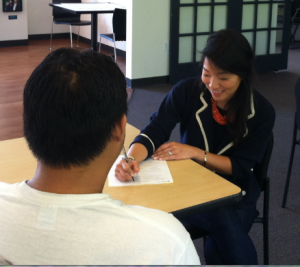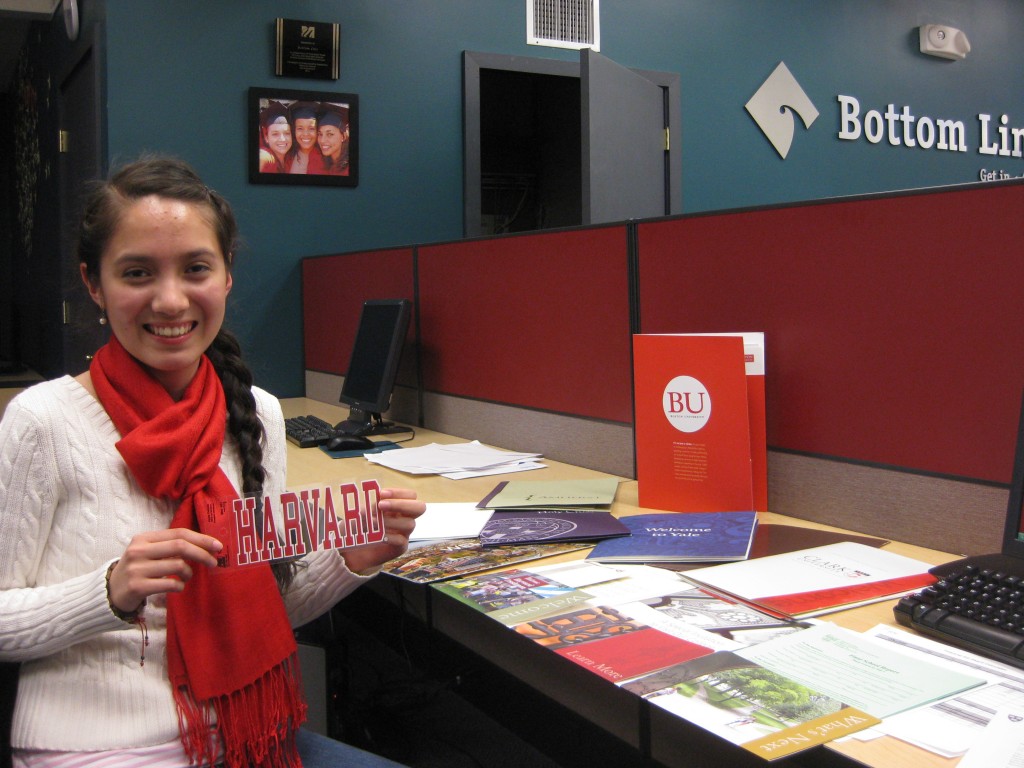It’s financial aid renewal season for Bottom Line Success counselors, and as many of our first-year students are finding out, it’s something that happens every year of college. Initially, it seems like a piece of cake, since there’s only one school to worry about instead of the ten schools they applied to last year. However, financial aid renewal is a multi-step process for most of our students that typically drags on throughout the whole semester. Even within the same school, some students have different requirements, and my email inbox has been steadily filling with panicked messages about missing documents, requirements that have already been fulfilled (or so a student thought), and upcoming deadlines.
Counselors start by looking at deadlines for each school that they work with, and make sure to schedule time to help students file their initial FAFSA before each deadline. Essentially, resubmitting information from the current school year’s Student Aid Report shows intent to attend and receive aid the following school year. Schools want to ensure that each student receives the aid that they deserve and they each decide how the student proves their income. The school may require an online or paper form sent, a tax transcript submitted, CSS Profile, or IDOC be completed to confirm income. Accordingly, Bottom Line counselors review these ever-changing financial aid applications with our students.
After students and their households have received 2012 W2s, 1099s, and filed their taxes, counselors help students update their FAFSAs. Students may be selected for a process called verification, and be required to submit additional forms, their passport, or tax transcripts. Some students are able to use the Data Retrieval Tool, which directly links tax information from the IRS to the FAFSA. Not every student can use this, and then they need to request tax transcripts online, over the phone, or in person. Often, the deadlines for these follow-up steps aren’t as clear as the priority financial aid deadline at a school, but delays in these steps can severely affect a student’s aid for the following year.
Financial aid renewal is an intimidating process; missing a step or turning in something late jeopardizes a student’s ability to pay for school. Bottom Line counselors diligently help students through every step of this long, annual process, and we’re also working to help our students become better self advocates and take on more personal responsibility when it comes to financial aid. We’re helping them stay on top of deadlines, coaching them through calls with financial aid, showing them where to find the forms they need and how to fill them out, and following up to make sure that all of their questions are answered. It’s a lot of work, but staying in school and on track to graduate is a great motivator!
– Ali Lincoln
Senior Success Counselor – Worcester, MA






